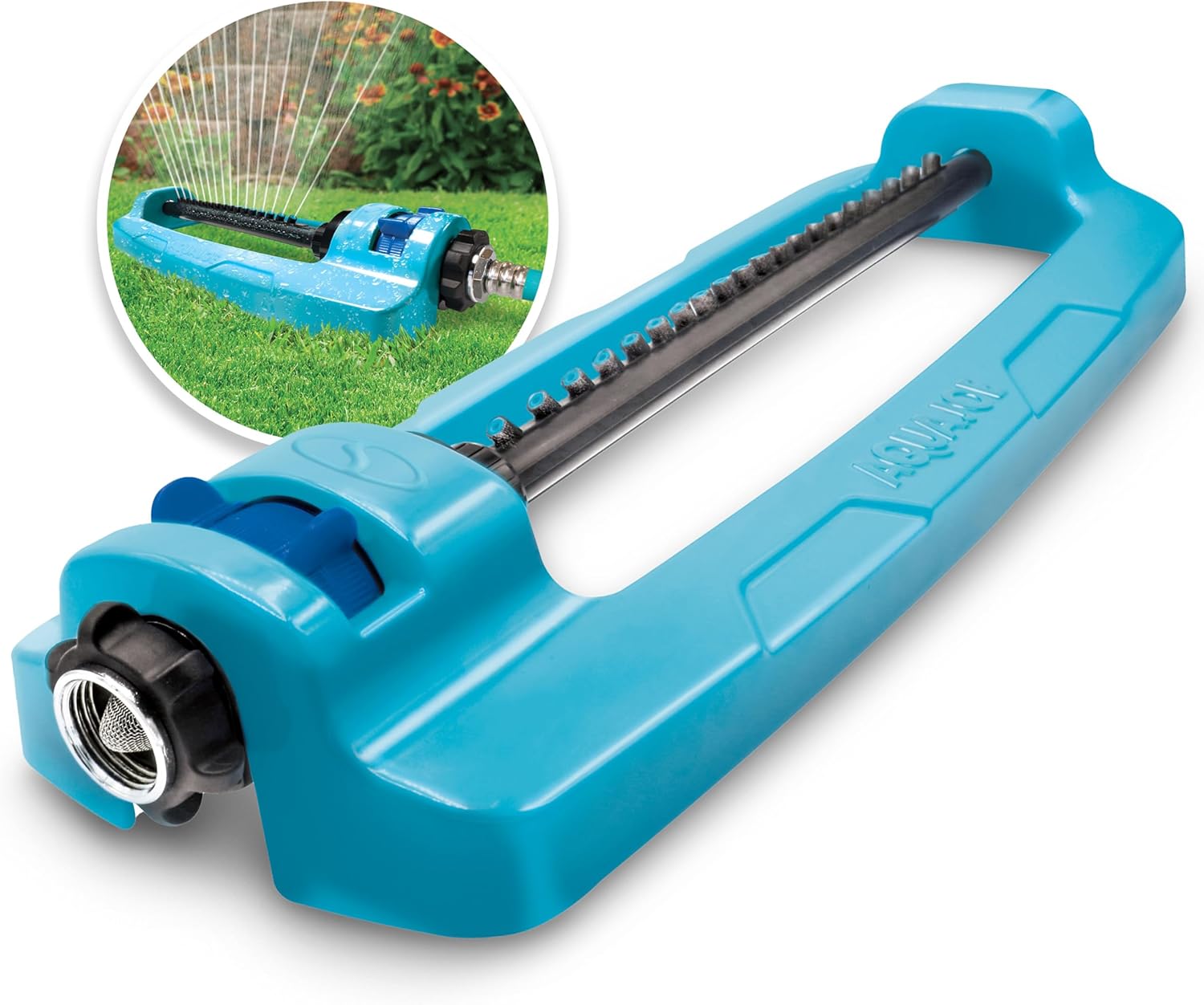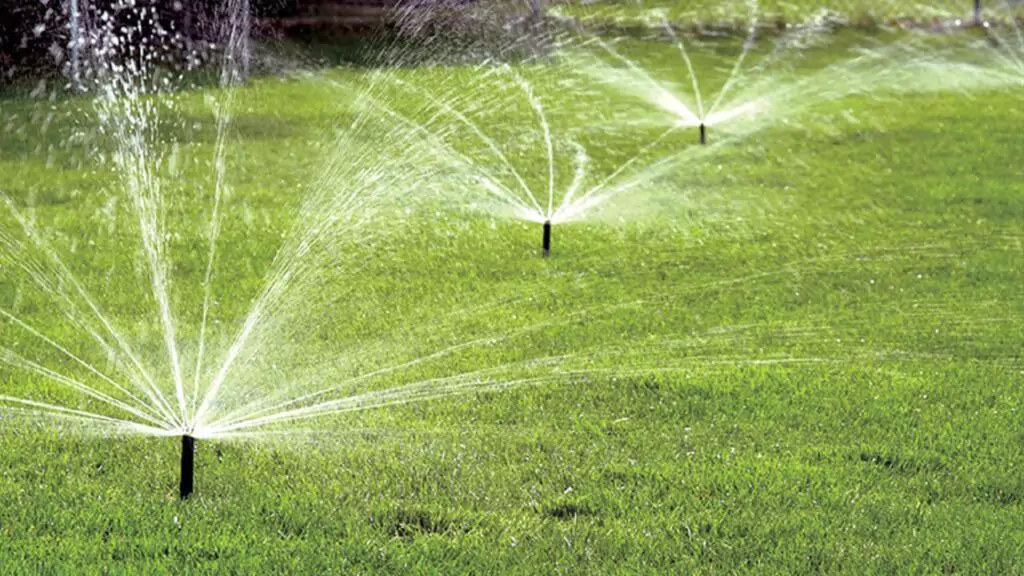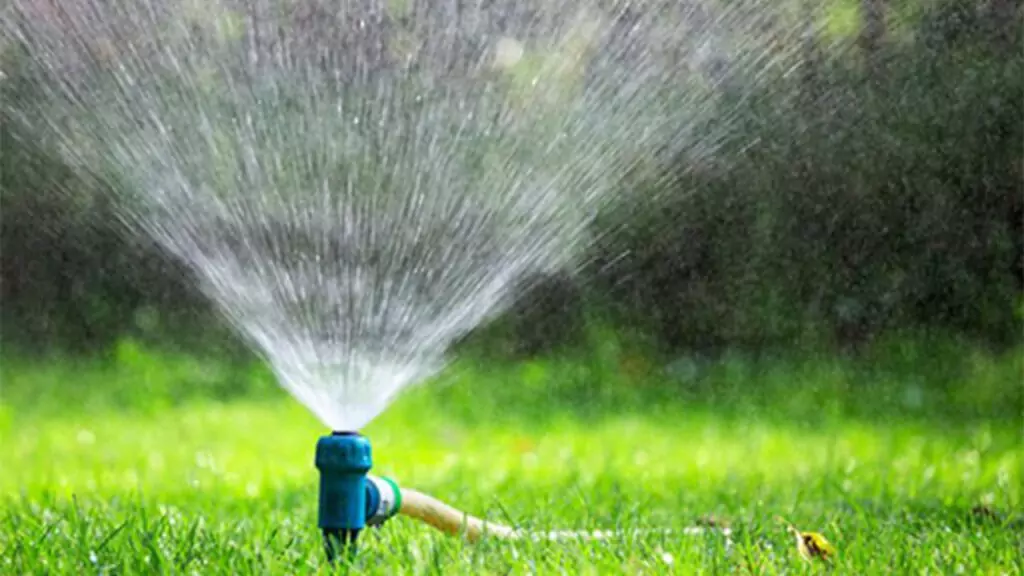Jump to
How Much Water Does a Sprinkler Use?
LOOK INSIDE BUYBESTFORYOU
HOW WE TESTWe independently research, test, review, and recommend the best products-learn more about our process. If you buy something through our links, we may earn a commission.
Jump to
Durable oscillating sprinkler base with metal, included adjustable umbrella spray to water up to 3,600 square feet for efficient lawn and garden watering.
OUR TOP BEST PICKS

Lawn and Garden Irrigation
Aqua Joe SJI-OMS16 Oscillating Sprinkler
$22.57,
at Amazon
$24
Save $0.00
The Best Deals This Month

Aqua Joe SJI-OMS16 Indestructible Metal Base - $22.57 (List Price $24)
Orbit 58573N H2O-6 Gear Drive Sprinkler (Sprinkler on Spike) - $21.97 (List Price $21.97)
Orbit Lawn Watering Impact Sprinkler on Tripod Base - $41.90 (List Price $50)
STYDDI Sprinklers for Yard, Metal Impact Sprinkler with Metal Base - $28 (List Price $28.99)
Deals are selected by our commerce team
Deeper Dive: Our Top Tested Picks

Pros & Cons
Why We Picked It
Who It's For
Specs & Configuarations
GET IT NOW
LEARN MORE
See How We Test This Products




